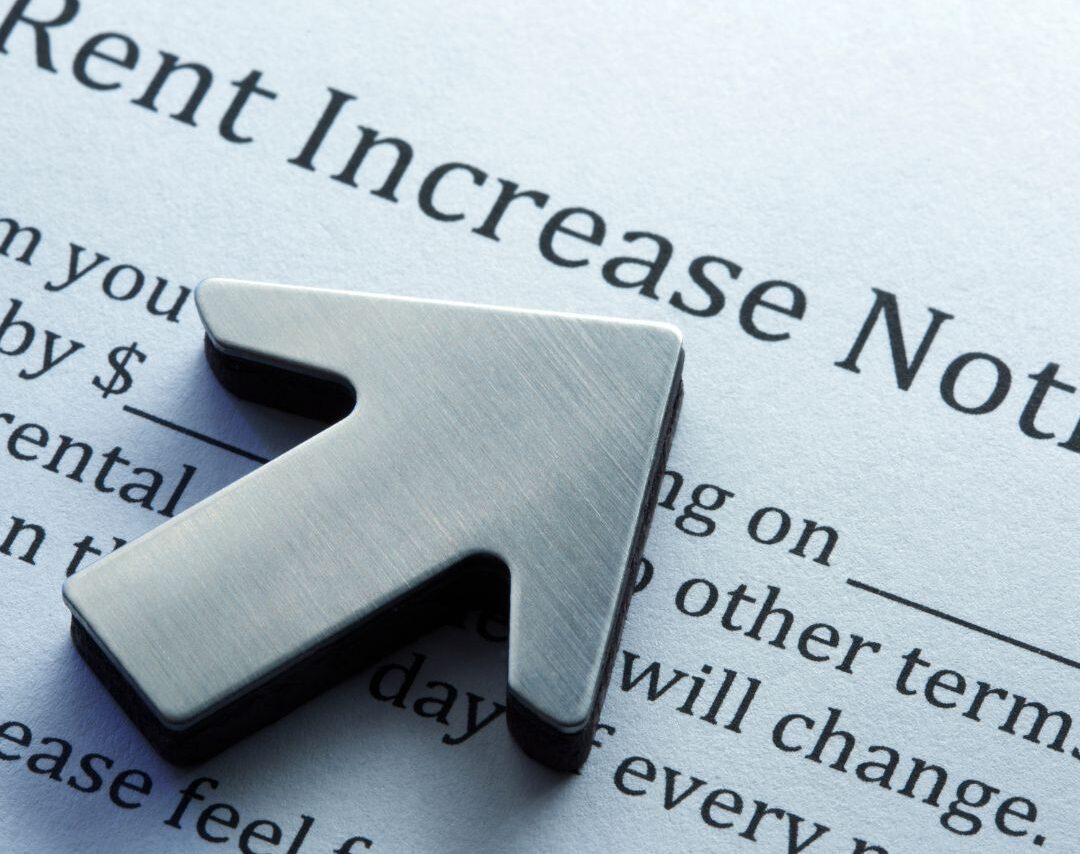

Navigating the complex landscape of Dubai property law can be challenging for both landlords and tenants. With various regulations in place to maintain a balanced relationship between both parties, it’s essential to understand the key aspects of rent increase laws and other relevant regulations. This blog aims to shed light on these laws, providing clarity on Dubai landlord and tenant law, RERA Dubai rental laws, and more.
Rent Increase Law Dubai
Under Dubai law, rent increases are regulated to ensure fairness and transparency. The Dubai Rent Increase Law stipulates that landlords cannot arbitrarily increase rent without adhering to specific guidelines set forth by the Real Estate Regulatory Agency (RERA). The RERA rent increase calculator is a tool that helps determine permissible rent hikes based on the current market rate and the property’s location.
Dubai Landlord and Tenant Law
The relationship between landlords and tenants is primarily governed by Law No. 26 of 2007, which regulates the relationship between landlords and tenants in Dubai. This law outlines the rights and responsibilities of both parties, ensuring a fair and balanced interaction. It covers aspects such as lease terms, maintenance responsibilities, and conditions for terminating leases.
Law No. 33 of 2008 Dubai
An amendment to the original law, Law No. 33 of 2008, further refines the regulations governing rental agreements. This amendment provides additional clarity on rent disputes, the eviction process, and other critical areas. It reinforces the need for written agreements and specifies the conditions under which rent increases can occur.
Dubai Rental Authority and RERA Laws Dubai
The Dubai Rental Authority and RERA are instrumental in overseeing and implementing rental laws in the emirate. RERA’s regulations are designed to protect both landlords and tenants, ensuring transparency and fairness in all transactions. For instance, RERA Dubai rental laws require landlords to provide at least 90 days’ notice before implementing a rent increase, and tenants have the right to contest unreasonable hikes.
Tenant Complaints Dubai
Tenants in Dubai have avenues to address their grievances through the Dubai Rental Dispute Settlement Center. This center provides a platform for tenants to lodge complaints and seek resolution for issues such as unjust rent increases, maintenance neglect, and other violations of rental agreements. It ensures that tenant rights are upheld and disputes are resolved efficiently.
Key Points for Landlords and Tenants
- Written Agreements: Ensure all rental agreements are documented and signed, outlining the terms clearly.
- Notice Periods: Landlords must provide appropriate notice for rent increases or eviction, as specified by law.
- Rent Increase Calculation: Utilize the RERA rent increase calculator to determine permissible rent hikes.
- Dispute Resolution: Leverage the Dubai Rental Dispute Settlement Center for any conflicts or grievances.
- Compliance: Both parties must comply with Law No. 26 of 2007 and Law No. 33 of 2008 to ensure fair dealings.
Conclusion
Understanding Dubai rental laws and the RERA regulations is crucial for maintaining a harmonious landlord-tenant relationship. By adhering to the guidelines set forth by the Dubai government and utilizing the tools provided by RERA, both parties can navigate the rental process smoothly and fairly. Whether you’re dealing with a rent increase, tenant complaint, or drafting a new lease, staying informed about the legal framework will help ensure compliance and protect your interests.







Leave a Reply